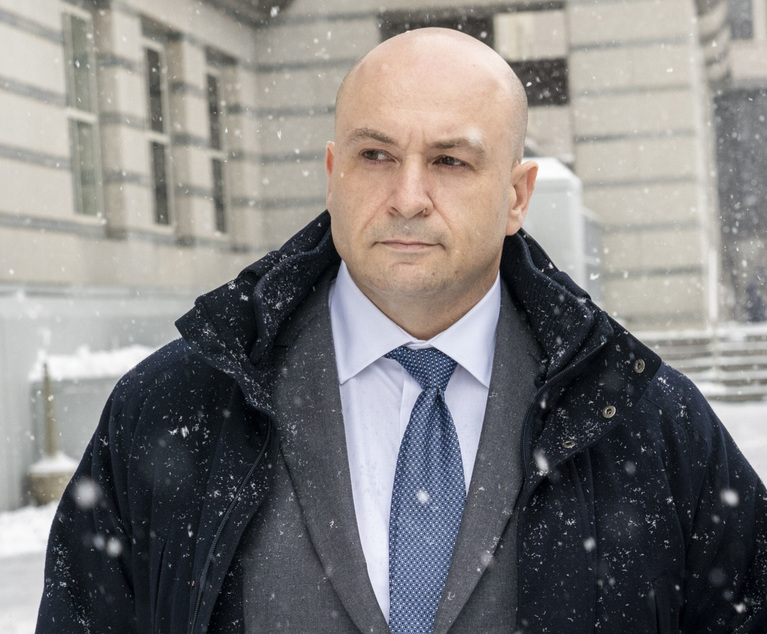Two former in-house counsel are building a nonprofit in Los Angeles to serve the community of ex-convicts yearning to clear certain offenses off their records in pursuit of a productive life.
Natashia Deón, who had worked in the legal departments of Girl Scouts of the United States of America, insurance underwriter Deans & Homer, and construction firm Disabled Adaptations in London, has been practicing as a criminal defense lawyer for 10 years in Los Angeles, taking law firm referrals statewide. She’s also an award-winning novelist with the 2016 historical fiction novel, “Grace,” described as an intergenerational saga during slavery in the 1840s.

 Natashia Deon and Charles Hamilton of Redeemed.
Natashia Deon and Charles Hamilton of Redeemed.








